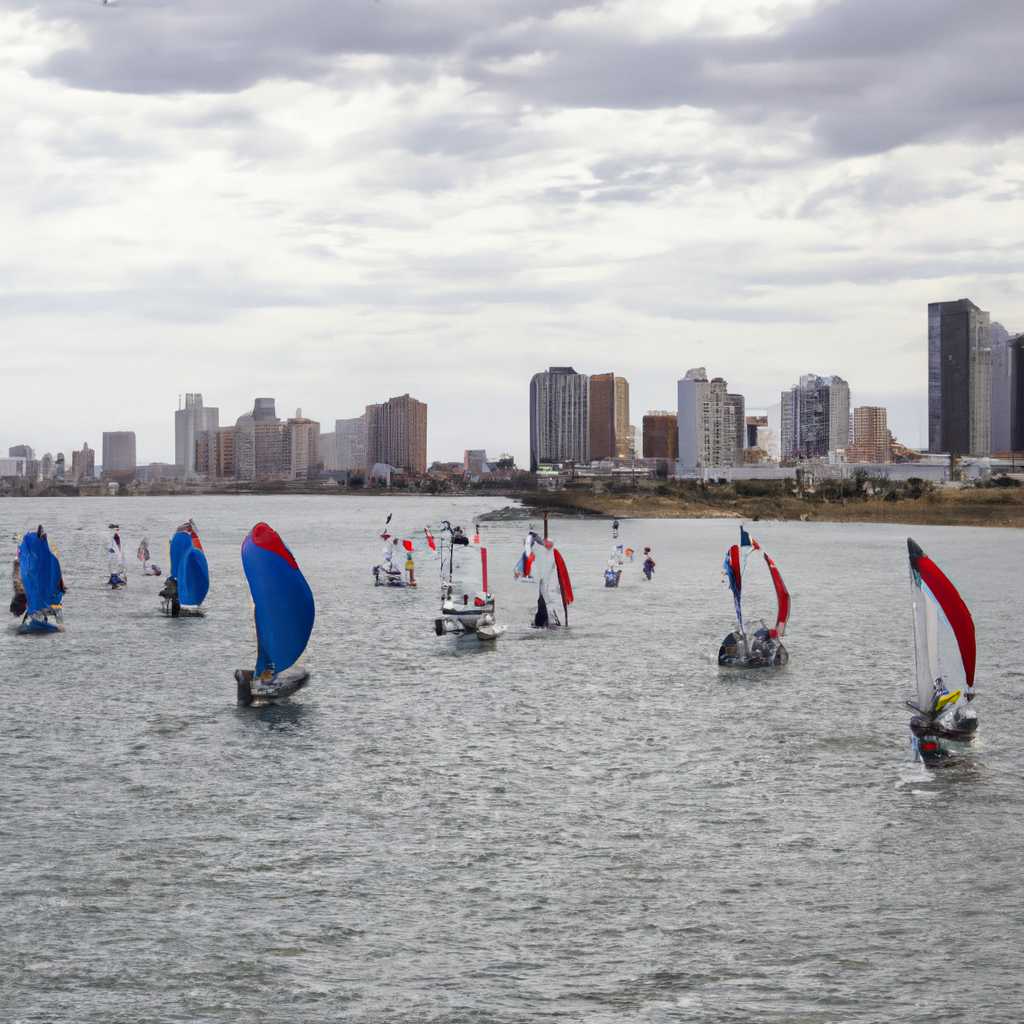The Wave of Change: The Impact of Climate Change on Nautical Sports and its Adaptation to the Future

Climate change is a reality that is affecting all areas of our lives, and water sports are no exception. This global transformation of the climate has a direct impact on the aquatic environment, which in turn threatens the development and practice of sports activities carried out in the water. In this article, we will analyze how climate change is redefining the world of water sports, from surfing to rowing, sailing and diving, among others. We will delve into how global warming is transforming these sports, how they are adapting to this new scenario and what the long-term implications could be for nautical competitions. Without a doubt, a necessary look to understand and face the challenges posed by climate change in this sporting field.
- 1. "Impact of Climate Change on Nautical Sports"
- 2. "How Global Warming is Transforming Water Sports"
- 3. "Adaptation of Nautical Sports to Climate Change"
- 4. "Long-Term Implications of Climate Change for Nautical Competitions."
1. "Impact of Climate Change on Nautical Sports"
Climate change is having a significant impact on water sports in several ways. First, rising global temperatures are causing glaciers and ice caps to melt, which in turn is raising sea levels. This may make some areas that used to be ideal for water sports no longer safe or viable. Additionally, changes in weather patterns can alter ocean currents and winds, which are crucial elements for many water sports such as sailing or surfing. Finally, extreme weather events, which are increasing in frequency and intensity due to climate change, can cause significant damage to coastal infrastructure used for these sports. Therefore, climate change not only threatens the viability of water sports, but can also put the safety of participants at risk.
2. "How Global Warming is Transforming Water Sports"
Global warming is transforming water sports significantly. As global temperatures rise, oceans warm, causing an increase in the frequency and intensity of storms and hurricanes. This can result in more dangerous and less predictable boating conditions for water sports such as sailing and surfing. On the other hand, warming oceans can also lead to the loss of sea ice in polar regions, which directly affects sports such as ice kayaking. Additionally, rising temperatures can lead to harmful algae blooms that can make waters unsafe for water sports. In short, global warming is causing changes that require constant adaptation and evolution in the way water sports are practiced.
3. "Adaptation of Nautical Sports to Climate Change"
Climate change is not only creating challenges for water sports, but is also driving athletes and organizations to adapt and evolve. For example, sailing events are now often rescheduled or moved to different locations to avoid extreme or dangerous weather conditions. Likewise, surfers are exploring new destinations with more predictable wave conditions and less affected by climate change. Additionally, the water sports industry is investing in technology and innovation to address these changing conditions. This includes developing more weather-resistant equipment and using sailing simulators to train in adverse conditions. These adaptations demonstrate the resilience of water sports in the face of climate change, but also underline the urgency of addressing this global issue.
4. "Long-Term Implications of Climate Change for Nautical Competitions."
In the long term, climate change could have significant implications for sailing competitions. Sea level rise may disrupt traditional shipping routes, which could force competitions to adapt with new routes or navigation technologies. Additionally, warmer temperatures could lead to less predictable wind conditions and a greater frequency of severe storms, which could increase the risk to participants and make competition planning more difficult. Climate change is also likely to affect the health of oceans and aquatic ecosystems, which could have implications for sports that rely on biodiversity and ocean health, such as diving and sport fishing.
